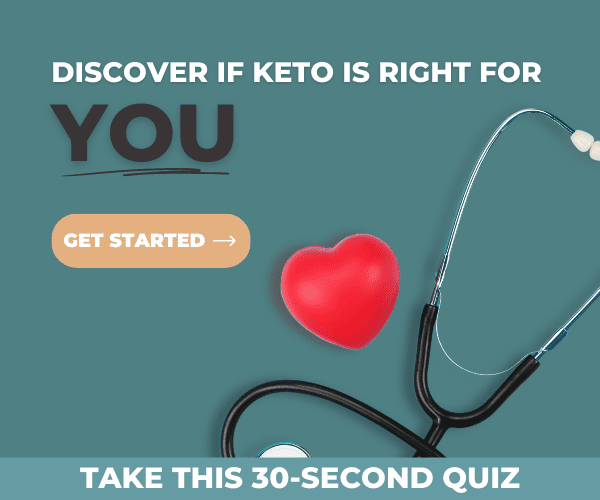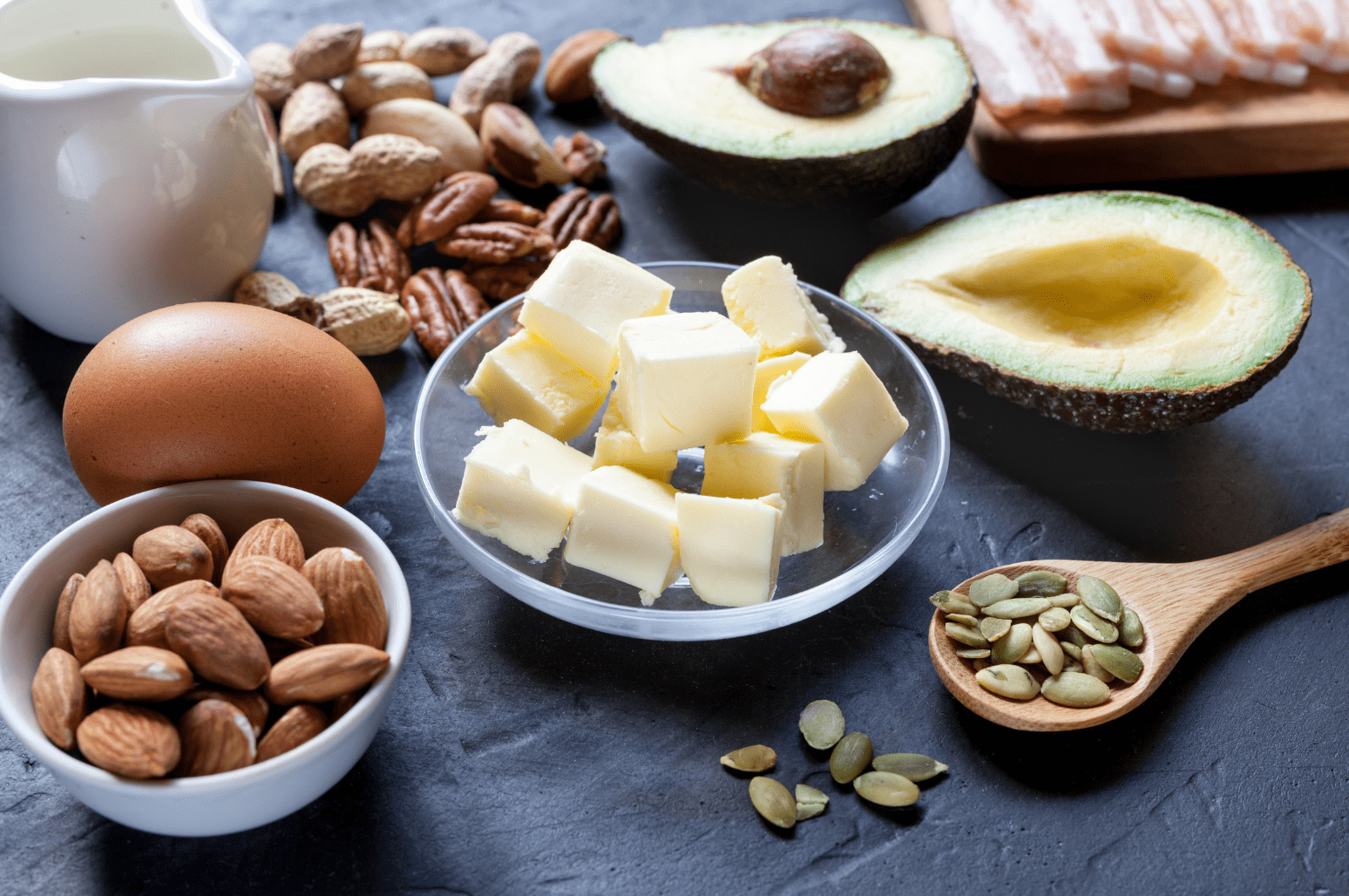What is the Keto Flu and How Can You Prevent It?

If you have heard about the ketogenic diet or have done one yourself, chances are you have heard of or experience the keto-flu. Furthermore, if you have heard about bad experiences with the ketogenic diet then chances are you talked to someone who just couldn’t beat the keto flu.
The keto flu often seems like a myth but it is a real thing. However, this does not mean that it cannot be managed or avoided altogether. In this article, we will cover what the keto flu is and what you can do to beat it!
What is the Keto Flu?
The Keto Flu is the group of symptoms that are often felt by people who start a ketogenic diet. It is often referred to as carb withdrawal and occurs during the Keto-Adaptation period.
When carbohydrate intake is drastically lowered, as it is with keto, it can take the body some time to adjust. For some people, this period is very short and for others, it seems like it takes forever. Similarly, for some people, the symptoms may be mild while for others they are severe.
What are the Symptoms of the Keto Flu?
Here are some of the common Keto-Flu Symptoms:
– Brain Fog
– Fatigue
– Constipation
– Keto Rash
– Impaired Sleep
– Mild Depression
– Dry Mouth
– Minor Cold
If you are new to keto, this list may seem intimidating but before you decide to not give keto a try, know that not everyone experiences these symptoms and if you do experience these symptoms, there is something you can do about it!

What Causes the Keto Flu?
The Keto Flu has not been extensively researched in the literature. However, there are a lot of theories on why the Keto-Flu occurs.
1) Carb Withdrawal
If you are someone who is severely addicted to carbohydrates and in particular sugar, chances are you could experience some of the symptoms related to well-being such as mild depression. Carbohydrates have the ability to activate reward centers in our brains that make us feel good. This is why sugar is so addicting! Removing sugar completely for some may feel like a drug withdrawal.
2) Drastic Diet Change
Anytime we make a drastic change to our diet, it can take our body some time to adjust. These adjustments can impact many of the systems of the body such as the immune system. This is one of the reasons why some people may experience a minor cold when starting a ketogenic diet.
3) Shift in Metabolism
The initiation of a ketogenic diet means the initiation of a transition in the metabolism of the body. Under normal circumstances, the body is typically programmed to burn carbohydrates since the majority of our population consumes a lot of carbs. However, when on a ketogenic diet the body transitions to burning more fat for fuel and this can take time. Since this transition can take time, the body may not have a ton of available energy for a period of time. This can lead to some keto flu symptoms such as brain fog and fatigue.
Additionally, on a ketogenic diet, we produce molecules known as ketones. Ketones can also be used to produce energy to support the processes of the body. However, utilizing ketones efficiently can take time. When the body is burning primarily fat and producing and utilizing ketones, it is said to be “Keto-Adapted”.
4) Electrolyte Deficiency
Thus far we have gone over reasons for the Keto-Flu that are out of our control. However, lack of appropriate nutrition is likely the NUMBER 1 reason for many keto flu symptoms and this is something you can control!
To understand why you lose electrolytes on the ketogenic diet, imagine you’re back in elementary school science class. Did you ever do the experiment where you try to mix oil and water together? Compare that to what happens when you pour a liquid onto a carby food like bread. The carbs soak in the water, whereas fat repels it. Fats are hydrophobic, whereas carbohydrates are hydrophilic. When you first start the ketogenic diet, you deplete glycogen stores, which hold onto a significant amount of water (this accounts for that rapid weight loss or “woosh effect” many people experience in the beginning). Fat, on the other hand, does not retain water well. Not only do you lose a significant amount of water retention, but electrolytes are also lost in the process. Moreover, lower insulin levels also lead to increased excretion of electrolytes by the kidneys.
Many people who start a ketogenic diet fail to adjust their diet accordingly to make up for any deficiencies that may be occurring. For example, on a ketogenic diet, replenishing electrolytes is extremely important as is staying hydrated. Furthermore, getting extra fiber in the diet can be important.
How Can You Prevent the Keto Flu?
There are a few easy things you can do to minimize your symptoms or prevent the keto flu all together including the following:
- Exercise
- Increase water intake
- Increase electrolyte intake
- Increase food sources of magnesium, potassium, and sodium
- Or take an electrolyte supplement
Have You Experienced the Keto Flu?
Comment below and tell us your experience with the keto flu or how you prevented yourself from getting it.
References
Bostock, E., Kirkby, K. C., Taylor, B. V., & Hawrelak, J. A. (2020). Consumer Reports of “Keto Flu” Associated With the Ketogenic Diet. Frontiers in nutrition, 7, 20. https://doi.org/10.3389/fnut.2020.00020
Irsik, D. L., Blazer-Yost, B. L., Staruschenko, A., & Brands, M. W. (2017). The normal increase in insulin after a meal may be required to prevent postprandial renal sodium and volume losses. American journal of physiology. Regulatory, integrative and comparative physiology, 312(6), R965–R972. https://doi.org/10.1152/ajpregu.00354.2016









